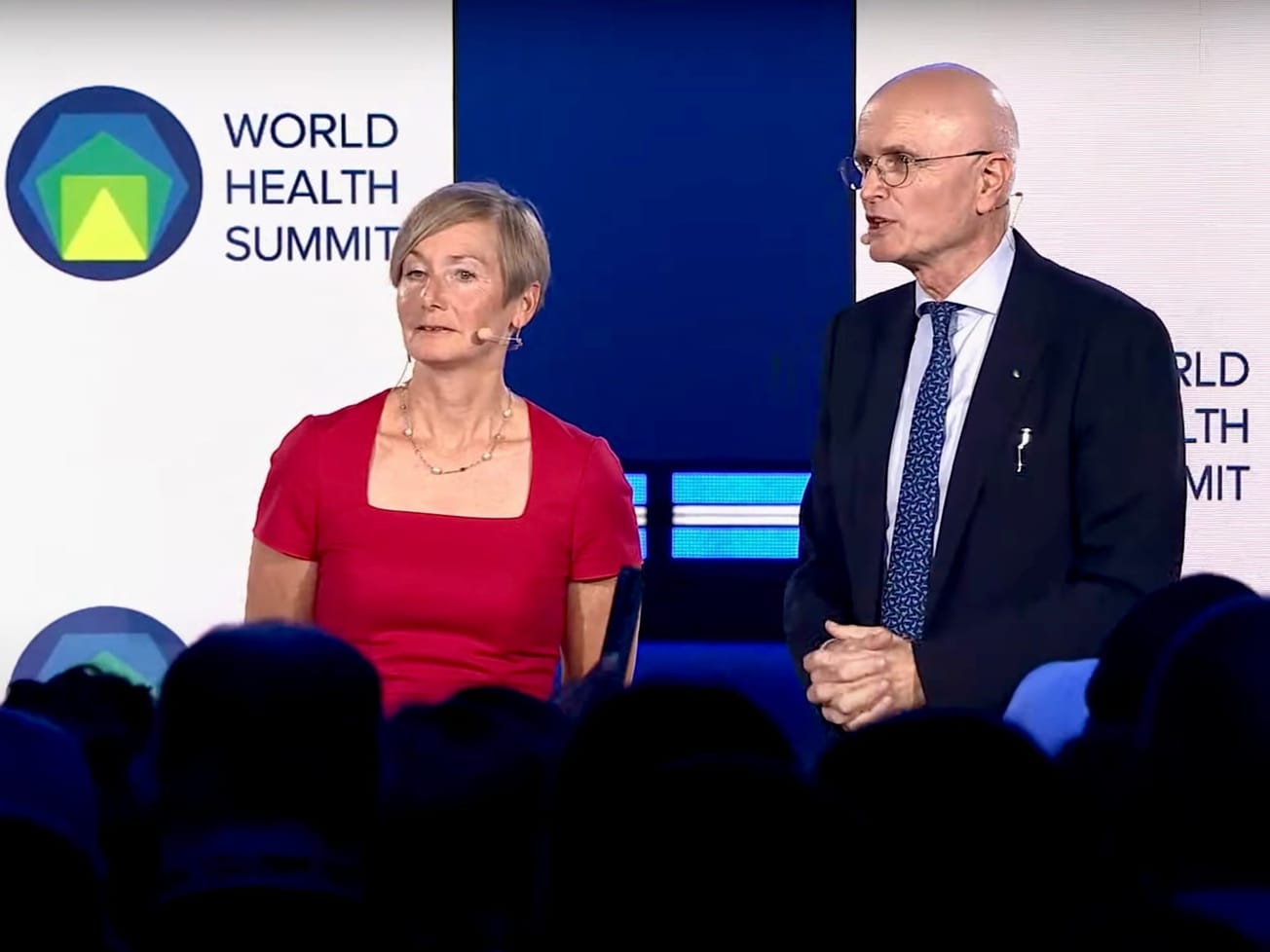Leaders at a health summit in Berlin made up $1 billion of the World Health Organization's $7 billion funding gap.
The World Health Summit announced raising nearly $700 million in new pledges from European countries and philanthropies on Monday, plus $300 million already pledged by the European Union and African Union.







